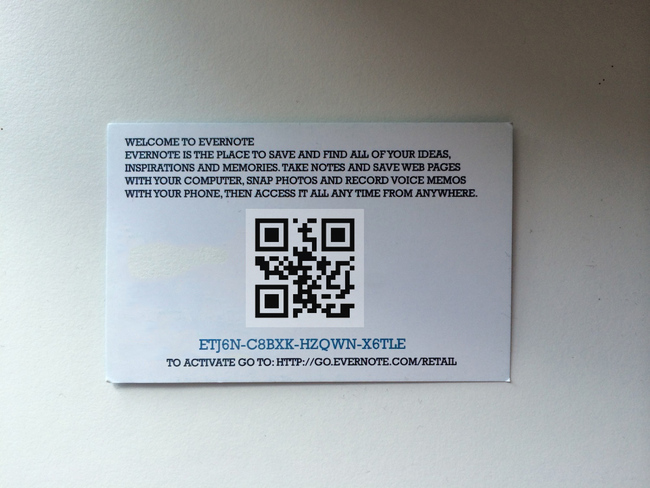Gartner Hype Curve in images
This curve represents how technologies move through their hype cycle. Typically most of the tech go through each stage.
Abstract:

Details:

Examples (might not be accurate nor timely):

This curve represents how technologies move through their hype cycle. Typically most of the tech go through each stage.
Abstract:

Details:

Examples (might not be accurate nor timely):


It is hard to work on several versions of a web app and demo them to other people on the Internet (or in an organization).
In other words: how do you elegantly deploy all of your git branches and make them accessible on the Internet?
The Objective is to access your project version via a subdomain like http://<feature_name>.alpha.cryptojobslist.com, while all developer has to do is to push code to a feature/feature_name git branch.
Note: this tutorial is for SPAs (frontend / static files / js apps / whichever way you call them). Set-up for backend apps (node/ror/python/java) is different, I might write about it later. The approach described below is relevant to decoupled frontends.
Summary: every branch you push to, should be deployed. Every push should go through same CI process → branch should be built → artifacts are moved to the same server(s) → every built branch should...
Lately I attended Startup Weekend Singapore. One of the event sponsors was Evernote, who kindly gave out free 3-month subscriptions for Evernote Premium to all participants. Coupon looked like this:


Notice that 20-char code? Have fun keying it in a web form!
Meanwhile, our old friend QR code, generally abandoned and misused, could have been a perfect candidate for the job.

Just a little modification of Evernote’s, already powerful, mobile app is needed to recognise QR code and apply discount to user’s account. Existing customers could have enjoyed convenience, while those without an app, will be incentivized to download it.
Finally, a great opportunity for QR code! …is missed.
Hopefully, you’ll not find anything revolutionary or cutting edge in this article, but in case you’ve been working on a X-year long project in a conservative organisation, you might find these words useful.
Simple. Treat them as two different apps from day one.
In your organisation, frontend will likely be on separate server(s) from backend. Likely developed by completely different teams, individuals.
Actually, the fact that frontend is developed by different ppl from backend, is the key reason to keep in in a separate repo, in a separate server, in a separate production environment.
If you want to build a ship, don’t drum up the men to gather wood, divide the work, and give orders. Instead, teach them to yearn for the vast and endless sea.
― Antoine de Saint-Exupéry
ask yourself:
Yes, I know, Jenkins is terrible. I don’t recommend using it. Use TravisCI, CircleCI or something like that.
Nonetheless. If u happen to use Jenkins for whatever reason, there are advantages to it. One of them is manually trigger-able and parameterized builds. With them, you can set up rollbacks to a specified git tag.
When emergency hits (hope it’s not) you’ll need this.
Tick “This build is parameterized”:

In “Source Code Management” specify your git repo and click “Advanced…”

And there enter the following magic: +refs/tags/$GIT_TAG:refs/remotes/origin/tags/$GIT_TAG

How I came up with this — trial+error+stackoverflow
Branches to build: */tags/$GIT_TAG

After this, you’ll want to configure the rest of the build in your preferred fashion… whatever takes to actually build and deploy your repo… Click ‘Save’ and you are done.
Settings mentioned above are key to ensure successful...
Today I learned that animated CAPCHAs exist.
Built with flash. Animated. Readable. Kinda useful.
Specifically:
Can’t crowdsource OCR anymore, though… But maybe this will inspire crowdsourcing of something else, that only human capable of?

Found in http://www.addthis.com/ email forward feature.
…in an international city.
